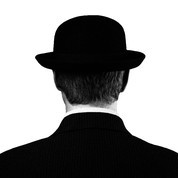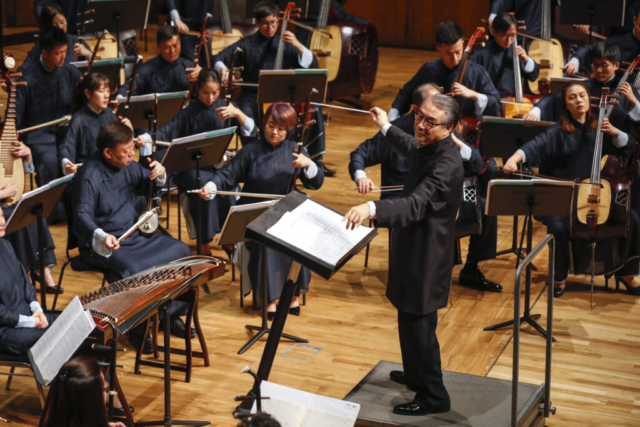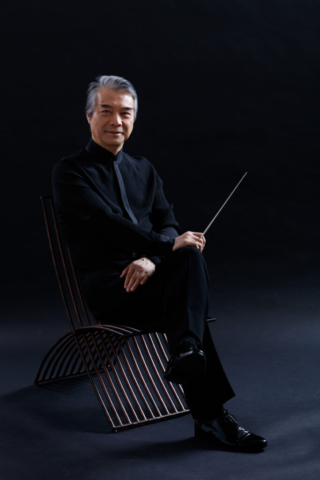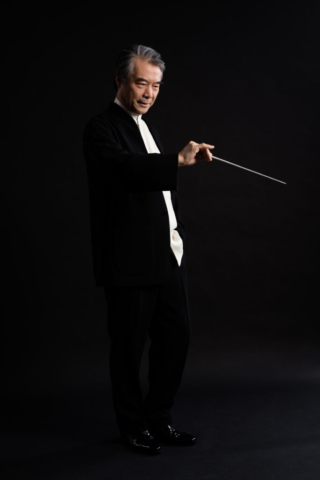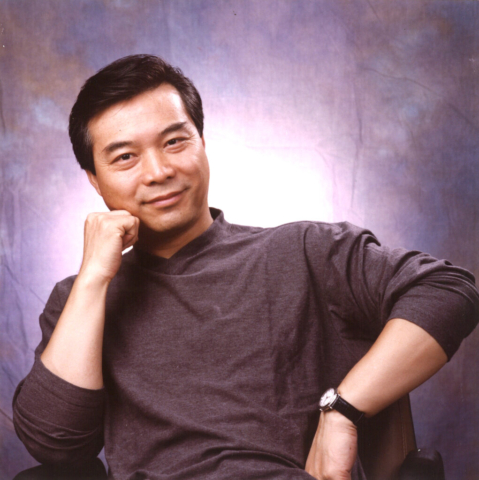12-3-2019
Maestro Yan is the National Class One Conductor of China and Artistic Director of Hong Kong Chinese Orchestra. His daughter is the pop singer Janice Yan. Having been with the Orchestra since 1997, he concluded 3 top priorities for the group. Every priority is to attain the end and no labour will be deemed to be arduous. The Orchestra is committed to accomplishing excellence in Chinese music. It will uphold a professional spirit and a momentum which embraces the contemporary edge in its art development. First and foremost, it shall maintain the reputation of a leading world-class Chinese orchestra that is always the pride of Hong Kong people.
During our pleasant chat, Maestro Yan lamented few fallacies about Chinese music. Performance of a huge group of performers on various musical instruments is not unique only to the Western world. It is wrong to think that Chinese music is confined to ‘Jiangnan Sizhu’ i.e. playing in a small group and the music is generalized from the south of the Yangtze River. History records that in Song Dynasty (about 1,000 years ago), more than 190 musicians played music together in the imperial court. Chinese did have ‘orchestra’ though it is not understood in the modern sense. Maestro Yan said, “Some feel that Chinese music are obstreperous and again the impression is caused by some music groups not playing the music professionally. The range of some Chinese musical instruments is sometimes considered not wide enough but a point is missed here: some Chinese music like Sanxian was meant for its unique acoustic nature that can produce a purposeful mood and conception of art. One cannot frown upon it as being monotonous. It is not meaningful to make a comparison of apples and oranges, nor is it intellectual.”
Maestro Yan expounded, “Apart from the modern ones, Chinese music has 5 fundamental categories: the folk, imperial, the equivalent of ‘zen’ (ancient scholars played the music to achieve a total state of focus that incorporates a spiritual togetherness of body and mind), religious and opera. We want to get more people in other countries to understand and appreciate such a great variety of music.”
Born in China in 1954 and educated in the city of Shanghai, Maestro Yan then worked in Beijing, Singapore and Taiwan until he took up the post of Music Director in the Orchestra in Hong Kong in 1997. Maestro Yan said, “I love Hong Kong. She has her own charm and style which is a mixed chemistry of the West and East. I have been impressed particularly by the professionalism of the people here. We do things in an orderly and ‘make sense’ fashion. We have checks and balances system, like in our orchestra. We have the triangular powers of Artistic Director, Executive Director and Council in the system. Besides, we have a very well-designed Orchestral Season which allows the inputs of all. Hong Kong has changed me a lot by her ways to do things. Hong Kong people are liberal and yet very stringent about due process.”
I asked Maestro Yan, “What will be your biggest challenge?” Maestro Yan laughed, “Not enough time. I want to build up the orchestra as an art and cultural institution. Apart from playing great music, we have other duties such as incubation of young talents, public education on Chinese music, reforming some musical instruments and preservation of the cultural heritages of Chinese music such as old sheet music and related literature. The tasks can be endless but I want to start some benchmarking examples.”
Dr Oliver Chou wrote a book on Maestro Yan Huichang called The Birth of a Conductor. Want to buy a copy?
This article can also be found at the following sites:



